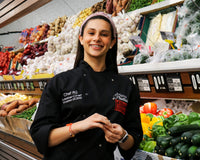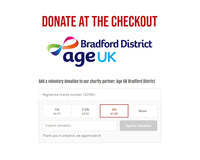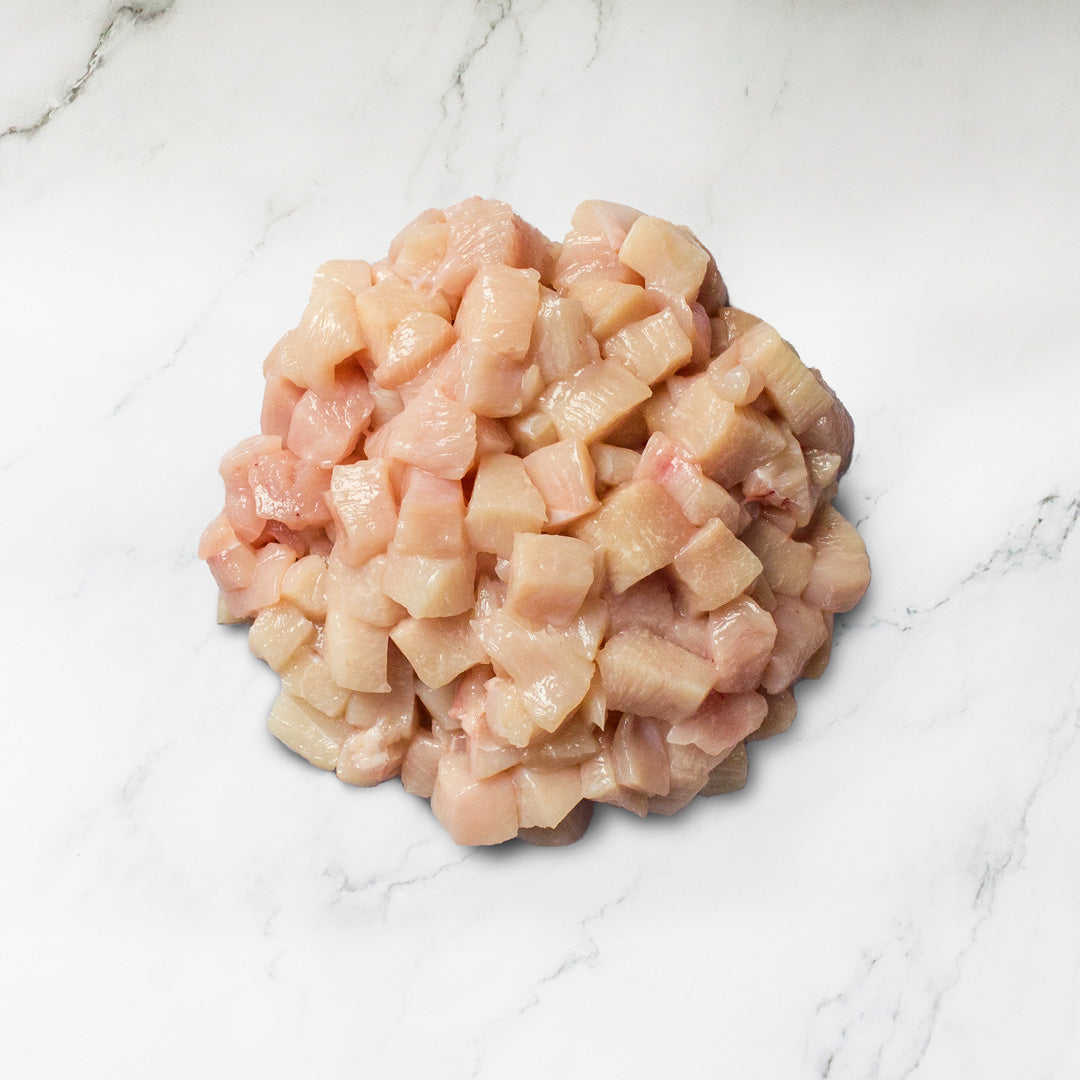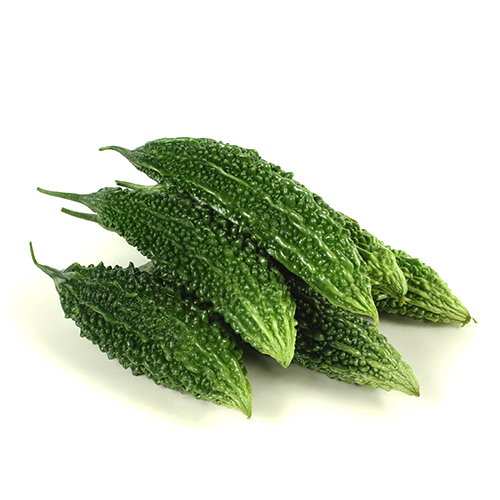When you grow up in a halal household, food is never just food. It is a reflection of values, community, and respect. For me, halal has always meant more than following a religious rule. It has been about eating with intention and knowing that what is on my plate connects back to a tradition of compassion and care.
But one question I hear more often these days is whether halal meat is more ethical. It comes up in conversations with friends, in debates online, and even around the dinner table. As someone who has eaten halal meat all my life, I want to unpack this question honestly, because ethics in food is something we all care about, no matter our background.
What Does Ethical Eating Mean Today?

The word “ethical” means different things to different people. For some, it is all about animal welfare. For others, it is about fair trade, sustainability, or reducing food waste. When we talk about halal in an ethical context, the focus is often on how animals are treated before and during slaughter.
In Islam, the principles are clear. Animals should be healthy, treated well during life, and slaughtered in a way that minimises suffering. This is why halal goes beyond a simple technique — it is a whole system of care.
For anyone who wants to understand how this looks in practice, SaveCo has a straightforward breakdown of how halal meat is killed. It explains the process step by step so you can see how welfare and faith are balanced.
Halal and Animal Welfare
A common assumption is that halal ignores animal welfare, but the reality is different. The core idea in Islam is that animals deserve respect. The Prophet Muhammad emphasised kindness and compassion, even when taking an animal’s life for food.
In the UK, halal slaughter is carried out under strict regulations. Official vets are present in abattoirs, inspections are routine, and staff are trained to follow welfare rules. The debate usually focuses on stunning. Some halal certification bodies allow reversible stunning, which ensures the animal is unconscious but not killed before slaughter. Others reject stunning altogether. Both methods exist legally, and both are heavily monitored.
If you want to explore whether halal aligns with modern ethical standards, SaveCo’s article on is halal meat more ethical is worth reading. It considers both sides without reducing the issue to soundbites.
The Importance of Intention in Halal
When I think about ethics in food, intention plays a huge role. Halal is not just about the technicalities of slaughter. It is about approaching the process with mindfulness and gratitude. The idea is that the animal’s life has value, and taking it should not be careless.
This intentional approach is something I find deeply reassuring. It reminds me that what I am eating was not treated as a product alone, but as a creation deserving of dignity. That, to me, feels like a very ethical way of looking at food.
Transparency Builds Trust
The real challenge for many shoppers is not the principle of halal but the lack of clarity in the market. Sometimes labels are vague, or suppliers do not explain whether stunning was used. Without clear information, customers cannot make choices that align with their values.
This is where transparency becomes essential. When I shop with SaveCo, I know their halal meat is clearly certified, properly labelled, and handled in line with Islamic requirements. That visibility makes it easy to shop with confidence. Their halal meat delivery section is a good example of how sourcing and certification can be presented openly.
If you are new to halal shopping or just want clarity on common concerns, SaveCo’s FAQs answer many of the questions people often hesitate to ask out loud.
Comparing Halal to Other Ethical Choices
Some people compare halal to organic or free-range labels, wondering which is more ethical. The truth is, these categories often overlap. You can buy halal meat that is also organic or free-range, meaning it meets both religious and welfare standards.
In my experience, halal does not compete with other ethical labels — it complements them. Families like mine often look for the combination of halal compliance with other standards like organic farming. This creates a more holistic approach to ethical eating.
For those who prefer local shopping, exploring halal butchers with strong reputations helps too. SaveCo’s guide to halal butchers in Bradford is an example of how to identify trusted shops that balance certification with quality.
How Media Shapes the Debate
The media often presents halal in a controversial light, focusing on the issue of stunning or on isolated cases of mislabelling. While these are real issues, they are not the full picture.
What is often missed is that halal in the UK is carried out within one of the most tightly regulated food systems in the world. Regular inspections, official oversight, and strict hygiene requirements are part of the process.
Still, headlines can leave shoppers feeling uneasy. That is why I always encourage people to dig deeper. Ask who certified the meat. Ask how it was handled. When suppliers answer openly, much of the so-called controversy fades away.
The Everyday Side of Ethical Halal
Ethics in halal is not just about abattoirs or certification. It shows up in the everyday choices families make.
When my mum chooses a piece of lamb for curry, she looks for freshness, good handling, and a trusted logo. When I order halal chicken online, I check packaging and delivery details. It is about knowing that every step — from farm to kitchen — has been handled with care.
SaveCo has made this practical with clear shipping options that show how meat is packed and delivered. It may sound small, but knowing that your food will arrive fresh and properly stored is part of ethical eating too.
Common Questions About Ethics and Halal
Does halal guarantee better animal welfare?
Not automatically. It depends on the supplier. Halal sets principles for humane treatment, but certification and regulation ensure they are followed.
Is non-stunned halal more ethical than stunned halal?
Views differ. Some believe stunning reduces suffering, others argue it interferes with faith requirements. Both are legal in the UK, so it comes down to personal conviction and the certification body you trust.
Is halal meat healthier?
Health depends more on diet and preparation than slaughter method. What halal does ensure is cleanliness, proper handling, and no cross-contamination with non-halal products.
Why SaveCo Is Trusted by Ethical Shoppers
For me, the ethical side of halal comes down to two things: intention and transparency. SaveCo covers both. Their products are clearly certified, their sourcing is explained, and their delivery respects the quality of the meat.
They also take time to educate customers through guides and blog posts. From explaining where to buy halal meat to showing why SaveCo is a top choice for halal shoppers, they make ethical shopping less complicated and more accessible.
Final Thoughts
 So, is halal meat more ethical? From my perspective, yes — when it is done properly. The values behind halal emphasise compassion, respect, and responsibility. Paired with UK regulations and modern transparency, it becomes a way of eating that is both faith-driven and welfare-conscious.
So, is halal meat more ethical? From my perspective, yes — when it is done properly. The values behind halal emphasise compassion, respect, and responsibility. Paired with UK regulations and modern transparency, it becomes a way of eating that is both faith-driven and welfare-conscious.
As someone who has eaten halal all my life, I see it not as a debate but as a daily practice of mindful eating. When suppliers like SaveCo make certification visible and sourcing clear, it allows families to eat with both confidence and conscience.
If you are exploring halal options for the first time or want a dependable supplier, SaveCo’s halal meat delivery is a reliable place to start. Pair that with their guidance on shipping and answers in the FAQs, and you can bring home meat that is not only halal but thoughtfully sourced.




